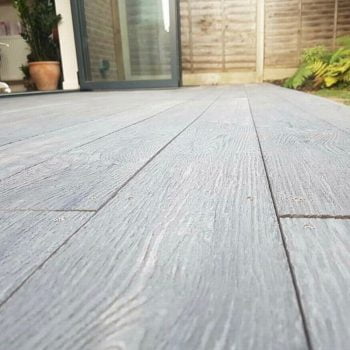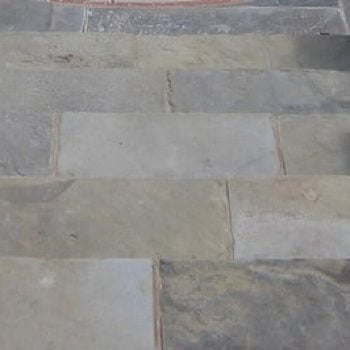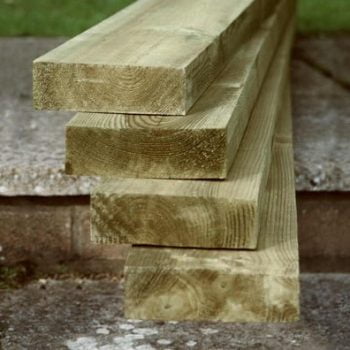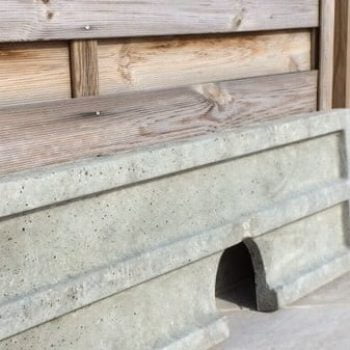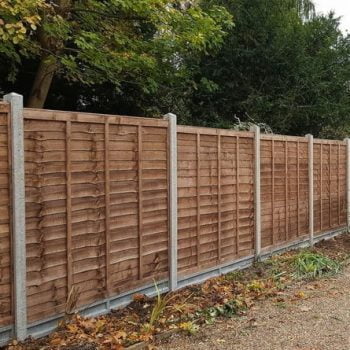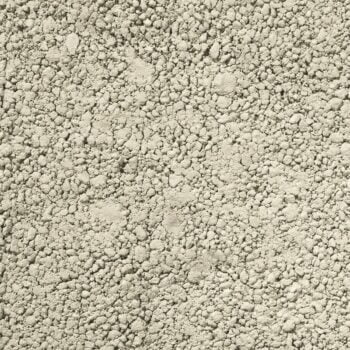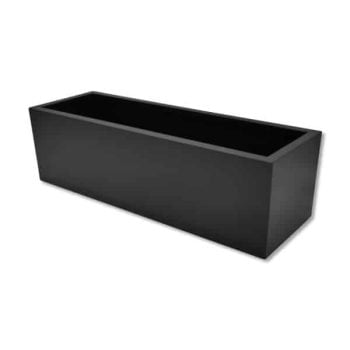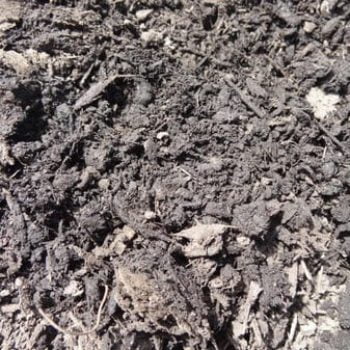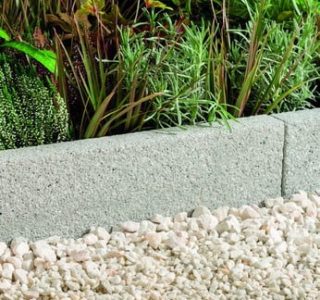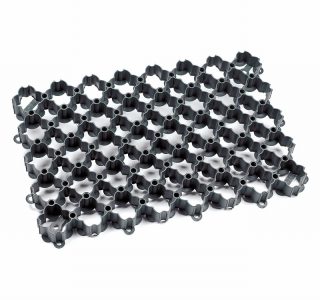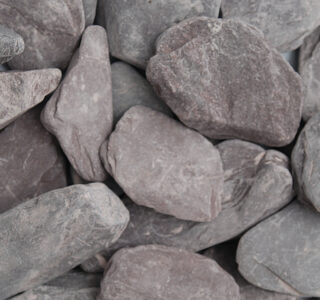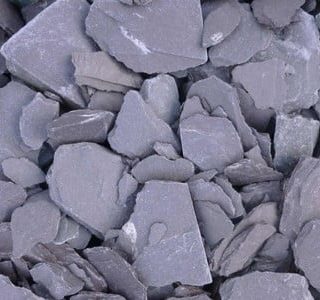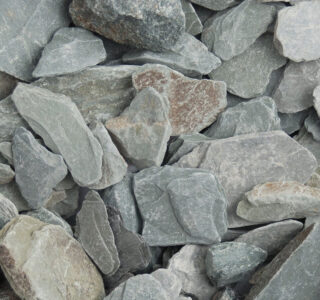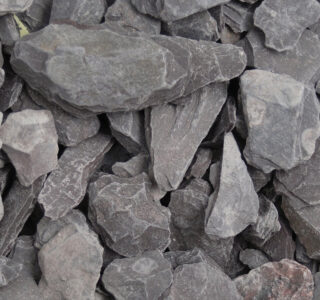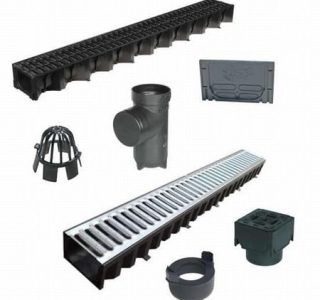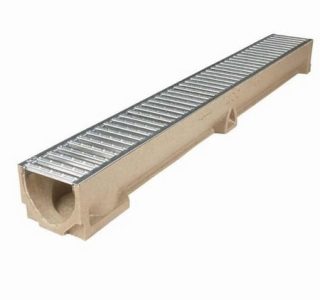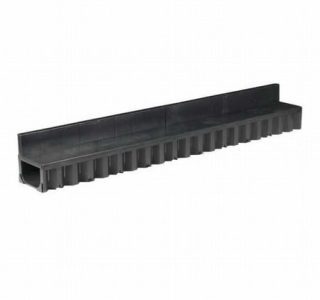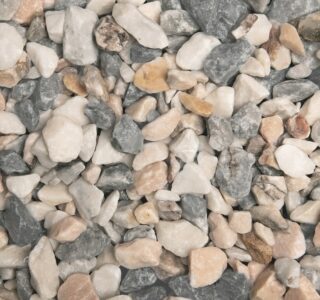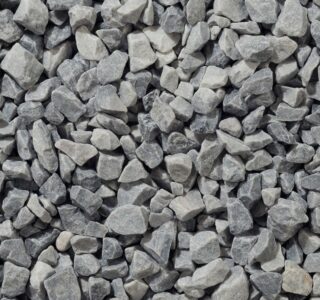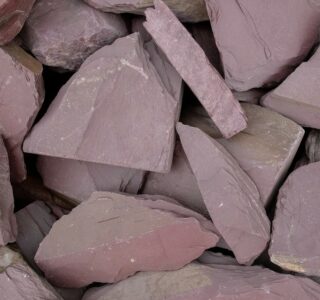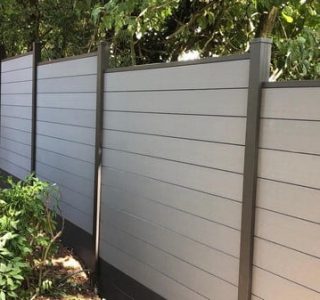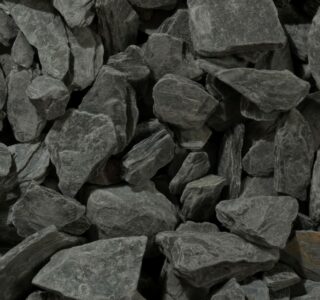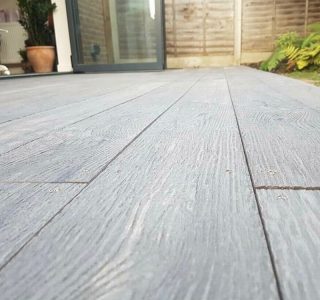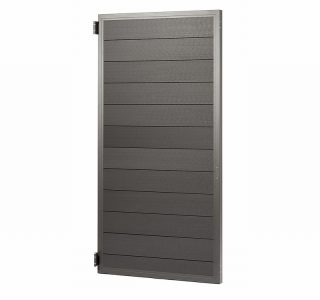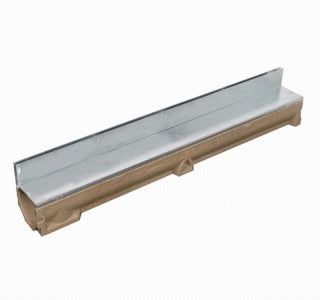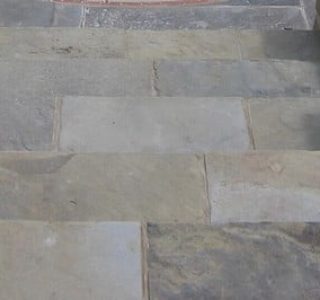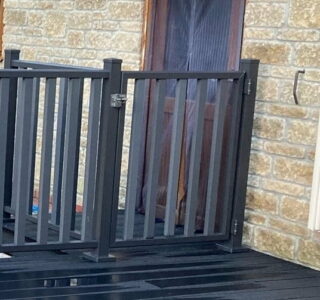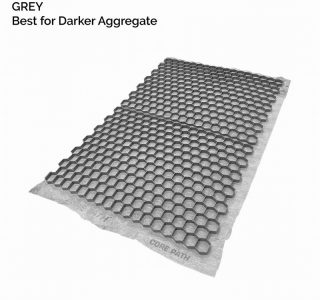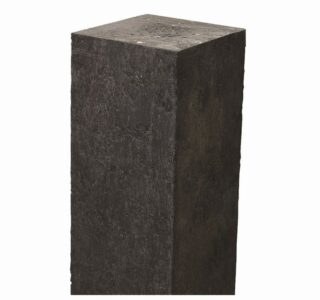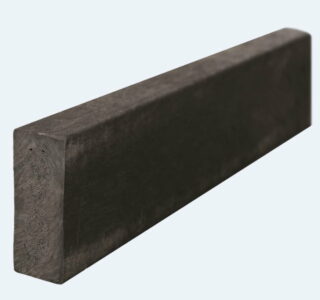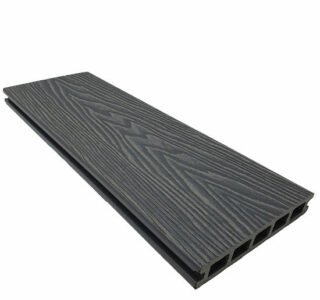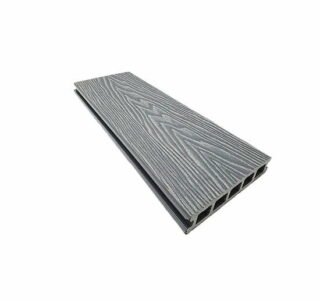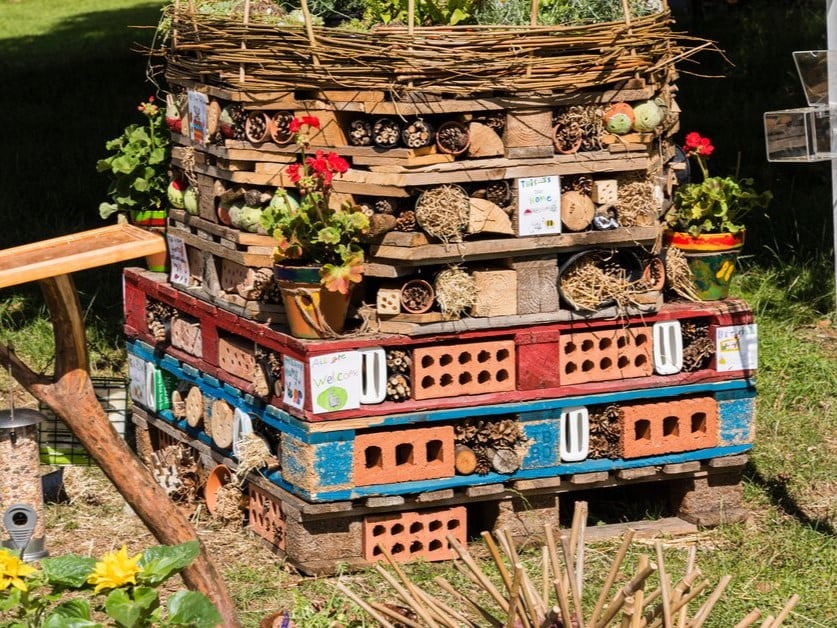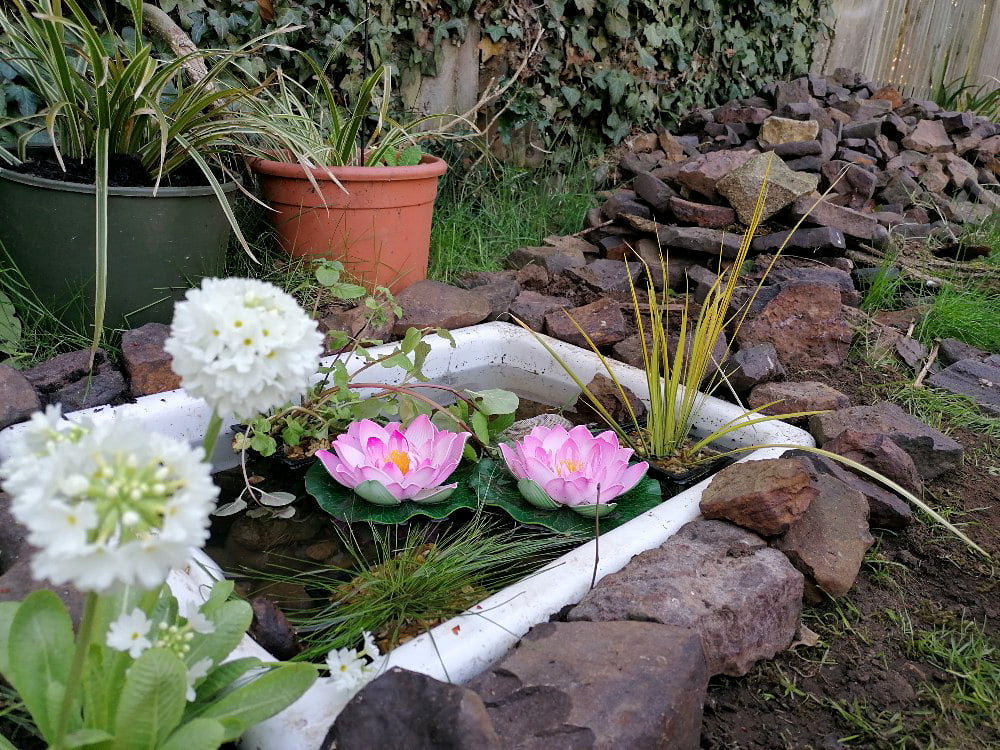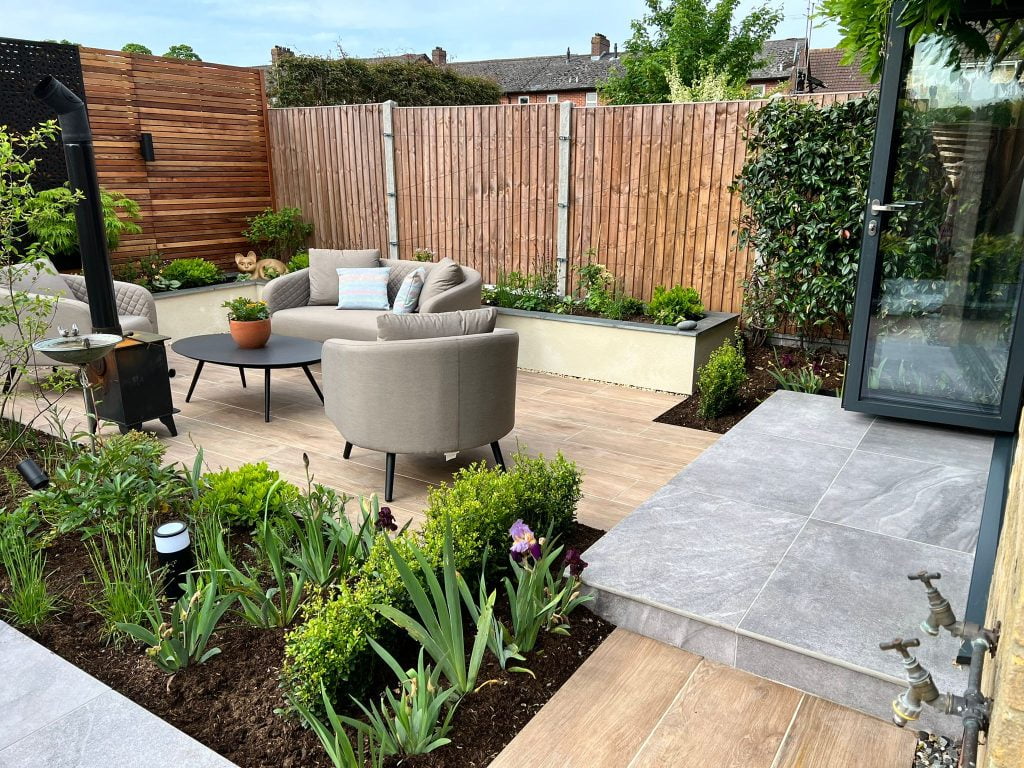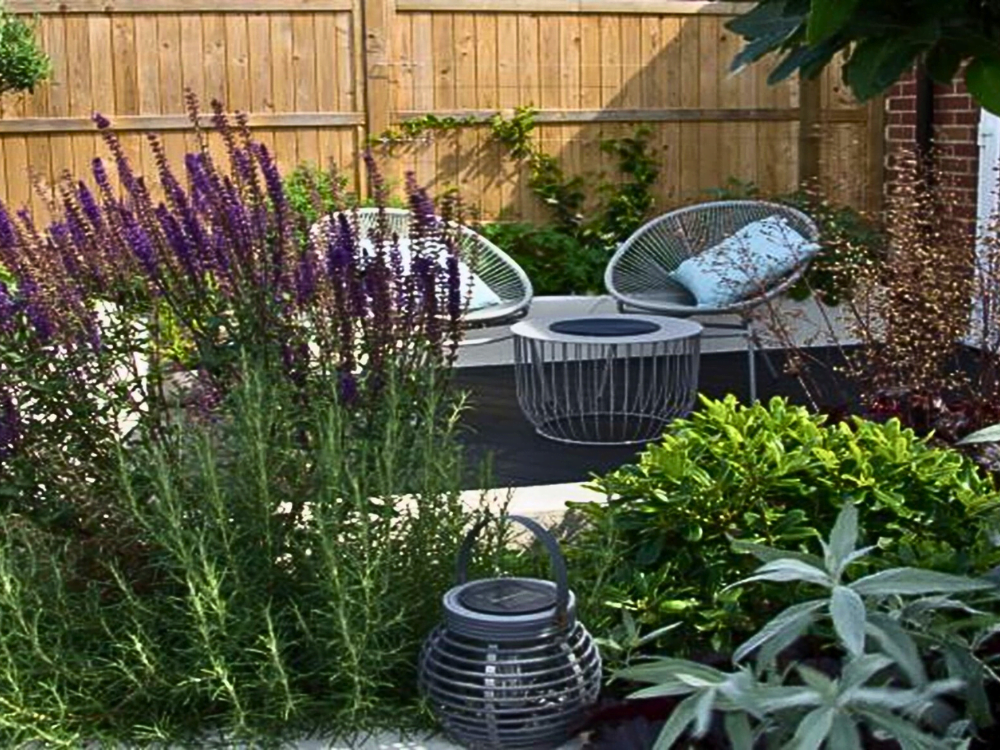
How to create a planet friendly garden
Caring for our planet has never been more urgent. So when you’re planning your landscaping project, how can you make it sustainable?
Caring for our planet has never been more urgent
So when you’re planning your landscaping project, how can you make it sustainable? Whether you’re a landscaper or a gardener, you can reduce your carbon impact and make wildlife welcome with a few thoughtful choices. Here are some simple ways you can boost the good that your garden does for you and for the environment…
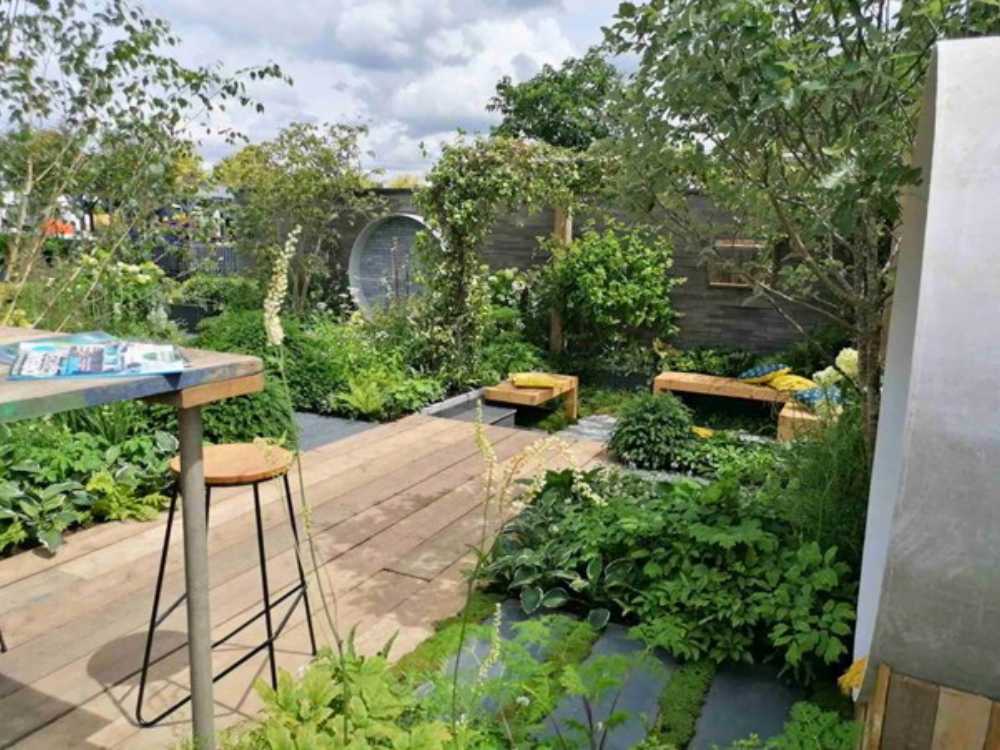
Upcycle
Start with what you have and think about what can be re-used. For example, this award winning show garden (built by Kebur Landscape Division in collaboration with the APL) is full of ideas including the a stunning deck, bar and pergola from old scaffold boards and poles. If you have old concrete paving, this could work well as a base for a shed or summer house. In this way, blending old with new creates character and makes your budget go further too.
Use recycled materials
You may be surprised to know how many landscaping products are wholly or largely recycled in content. This makes it easy to reduce, re-use or recycle. Reclaimed York Stone is a classic paving choice that holds its value and will truly stand the test of time. You can also choose from many decorative stones such as slate paddle stones or marble chippings that are sourced from unused waste or by-products from industry.
If you’re creating a deck, both our KDeck and SAiGE composite decking are produced using around 90% recycled materials.
And many stunning contemporary paving solutions use largely recycled content.

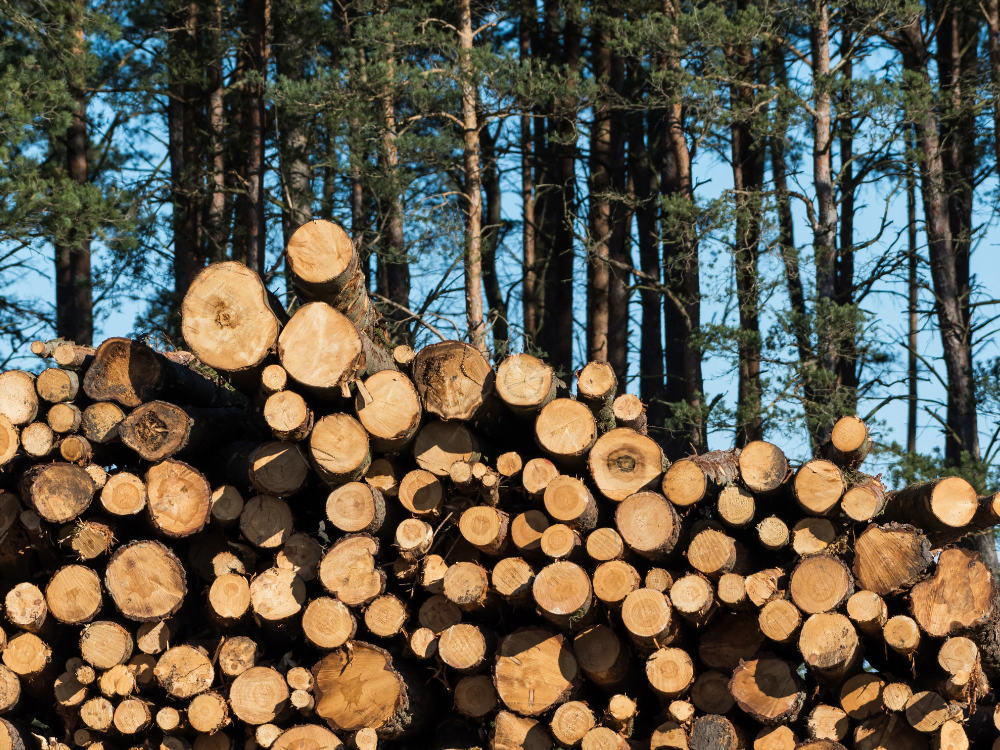
Choose sustainable timber
To ensure you are able to enjoy forest products for years to come, look out for timber products that are sustainably sourced. This means checking whether timber is harvested to promote responsible management of forests.
All our timber and composite products supplied by KDM and SAiGE are from responsibly managed sources, meaning you can enjoy fencing, garden structures and composite decking with a clear conscience.
You can also avoid chemical treatments by opting for naturally durable timber. Try new oak sleepers for example.
Reduce your carbon
Understand the carbon impact of the materials you choose for your garden. A growing number of suppliers are now measuring carbon footprints and Kebur is working hard with our suppliers to provide better information on this. Opting for fewer materials with heavier emissions can bring down the overall impact of your project. Many suppliers are making great progress in reducing the footprint of materials as well. Our new slotted concrete fence posts and recessed gravel boards, for example, are now up to 35% less carbon intensive than their predecessors. And Kebur Strada Contempo Porcelain paving, is now produced with 36% lower CO2 emissions than previously.

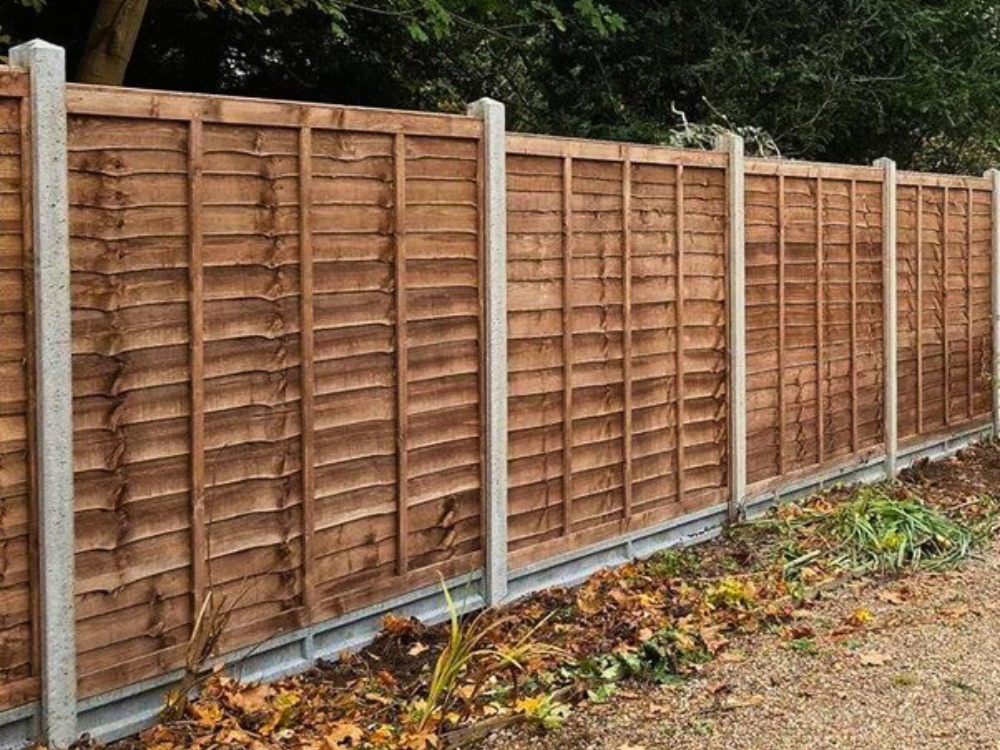
Consider life-span
Paying a little more for quality can mean your products last a lot longer. When choosing a lap panel, cheaper panels may have only three or fewer vertical batons to support them and may be more vulnerable to the wind.
Paying a few pounds extra for a 6 foot lap panel with five vertical batons means the panel will be stronger and more resilient to the weather.
Go permeable
With more extreme weather patterns like drought and flooding, we’re having to take water management more seriously. When planning a garden with lots of hard landscaping, include permeable surfaces. This is so rain water and any pollutants can be naturally absorbed by the ground on site; reducing run-off in this way puts less pressure on sewers and waterways.
There are lots of affordable options which can look great as part of any garden design; for example, choose from self-binding gravel, decorative aggregates and permeable driveway blocks. A permeable bedding mortar will allow water to freely drain away underneath your paving.
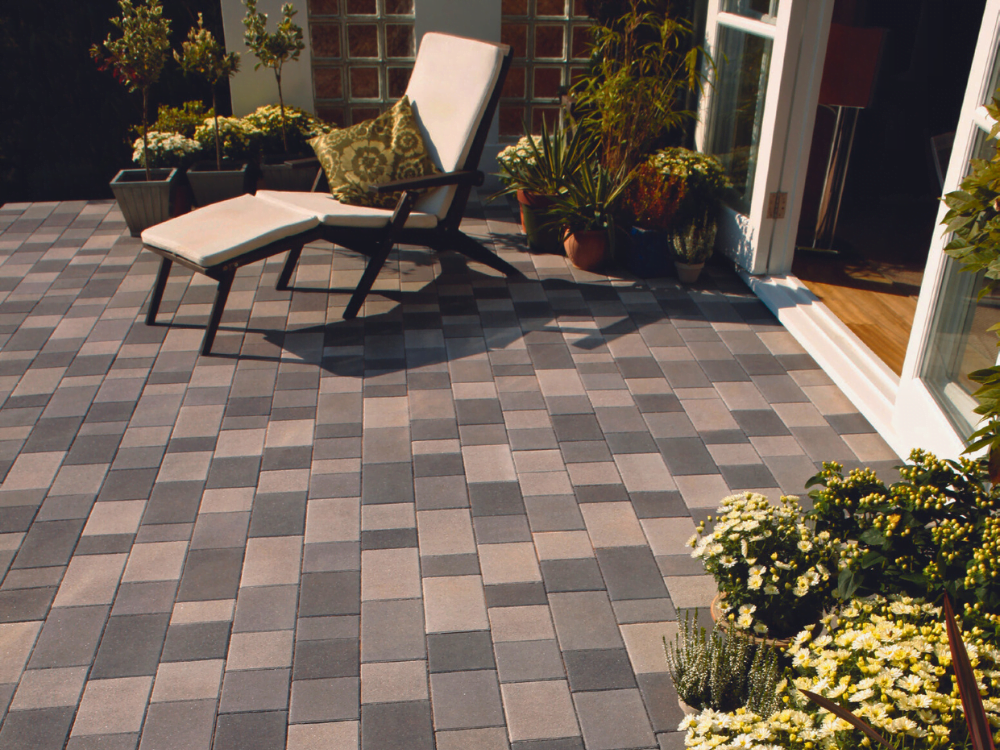
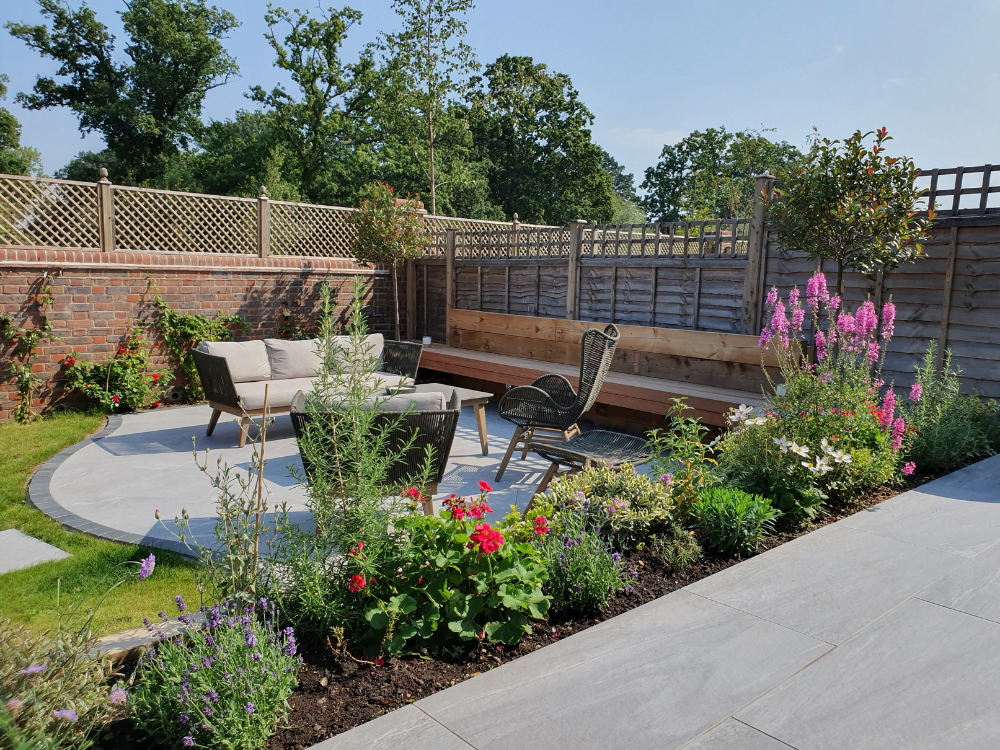
Make space for plants
Every plant is a carbon store and a potential source of food and shelter for wildlife. The shade from trees can also help keep you and your home cool on hot summer days. So make sure you include plenty of plants and trees in your garden. If you have a front garden and are in need of a parking space, it’s tempting to pave it over completely. Instead, why not give space for plants? You’ll also improve your kerb appeal by mixing some planting in with your hard standing. The RHS has some great ideas on how to include plants in your front garden.
Go peat-free
When you’re planting anything, avoid any peat-based compost so you are helping to preserve peatlands, which are vital carbon stores. It’s easy to make your own compost at home and all our compost at Kebur is peat-free.
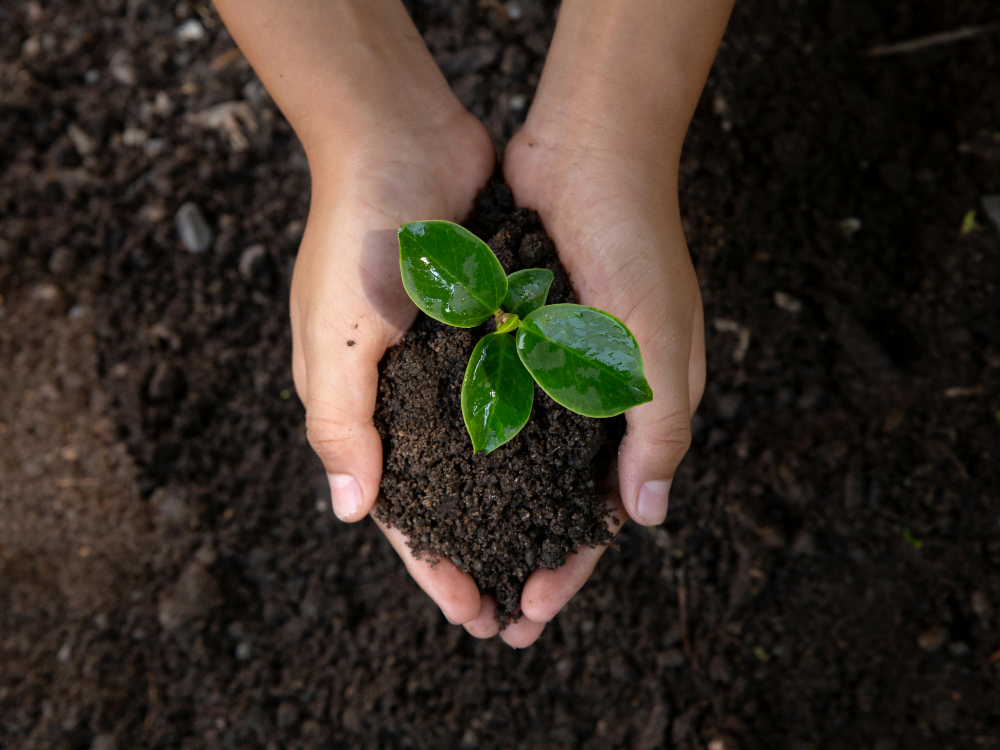
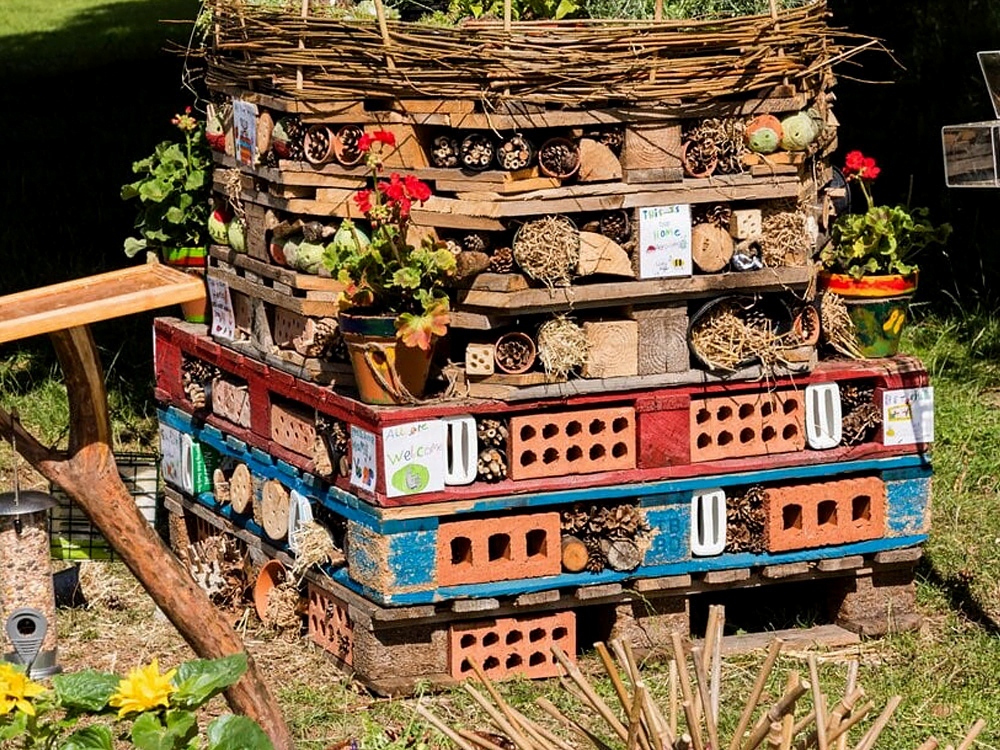
Create habitats for wildlife
Loss of habitat is causing a huge fall in species in the UK. So much so that the global insect decline could threaten our food chain. Make your garden project a haven for birds and pollinators with simple choices. Try native hedges, wildflower meadows and log piles which are low maintenance and will look great.
We’ve partnered with the Blackwater Valley Countryside Trust to support their work to improve the local environment for the benefit of people and wildlife. They have lots of ideas on how to make a garden wildlife friendly including how to support our prickly hedgehog friends.
